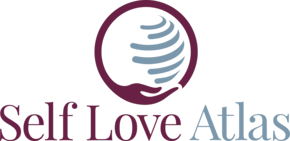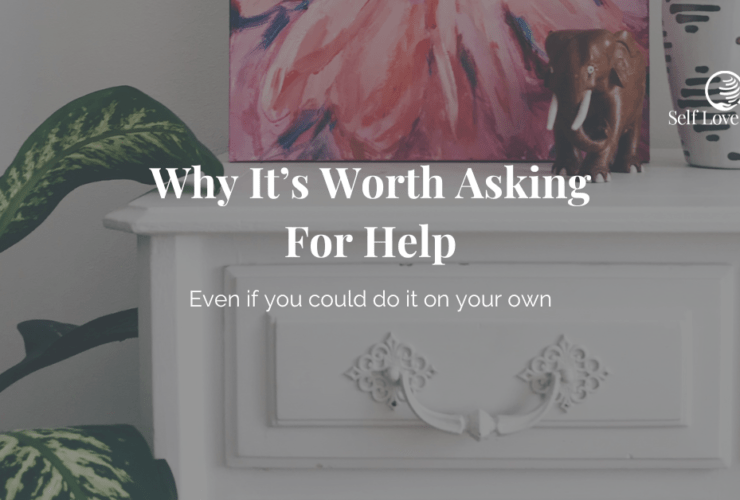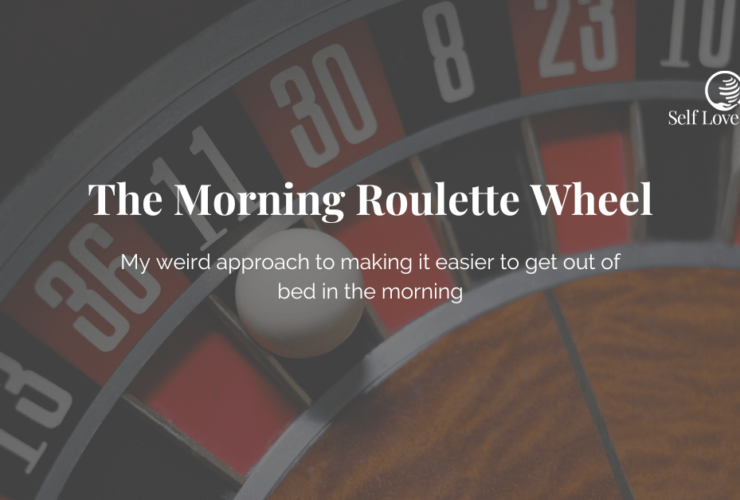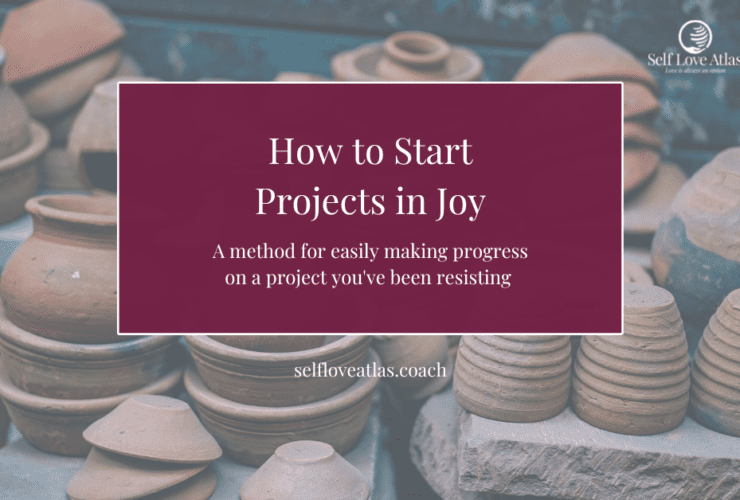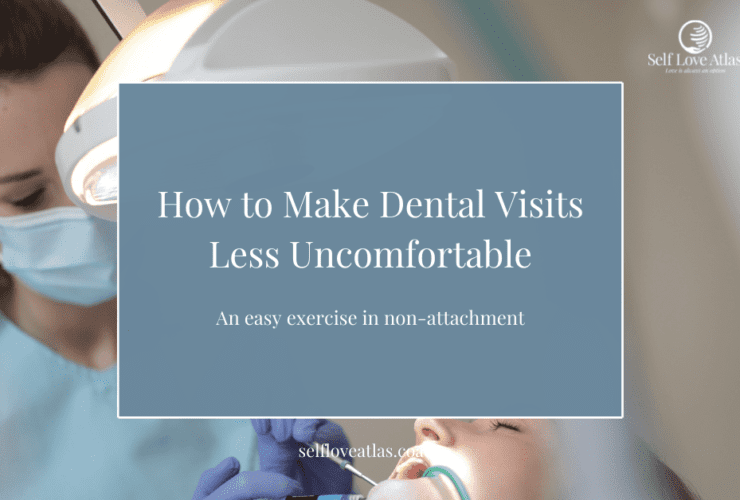How Electricity and Tech Changed Human Work-Life Balance
After a recent conversation with a history buff, I realized that there’s a lot about the average human being’s work-life balance that is relatively new to humanity.
Human lives used to have natural personal and professional boundaries set by the limitations of our technology.
Before light bulbs existed, all kinds of work and productivity had to stop when the sun went down (unless of course you were rich enough to afford an oil lamp).
Back then, we (human beings) were a lot better about listening to our circadian rhythms. When it was dark out, we slept.
Also, at least dating back to Ancient Greek and Roman Empires (6th century BC), humans regularly took naps during the hottest portion of the day (usally between noon and 2).
But somewhere along the line, most people stopped napping. I don’t claim to know the whole history behind this, but somehow naps got stigmatized as being something for children or “lazy people” or something, and now very few people do what used to be considered normal/natural.
Personally, I’d love if we could bring that back into popularity.
Part of the picture here is that the development of electric lighting encouraged longer work days. When Industrial plants could operate in shifts around-the-clock, we divided the work day into three portions of 8 hours, and the concept of “the city never sleeps” came into reality.
Why? probably because it benefits capitalists, but I digress.
Long story short, in recent times, we’ve increasingly worked more for longer hours and slept less and less.
The consequence of all this was the interruption of normal, biological rhythms of life and a huge alteration to our schedules (and therefore work-life balance).
If you ever wondered why you get tired/exhausted in the middle of the day and have a hard time pulling through the final hours of your work day, it’s because it’s natural. There’s actually a chemical compound called adenosine that builds up in your brain during your waking hours.
According to Dr. Ananya Mandal, MD, “In the brain, adenosine is an inhibitory neurotransmitter. This means, adenosine can act as a central nervous system depressant. In normal conditions, it promotes sleep and suppresses arousal. When awake, the levels of adenosine in the brain rise each hour.”
In other words, the longer you’re awake, the more adenosine you have building up in your brain, which WILL make you tired regardless of what kinds of tasks you’re doing. So the Greeks and Romans (and many other cultures throughout history) really got that one right.
Perhaps this explains why I love having my coffee after lunch? Or maybe it’s just a coincidence.
I bring this up because I know that many of us feel obligated to do more, more, more, regardless of how exhausted we are.
When in reality, any person who works a full time job is probably already doing more for longer consecutive hours than is natural for our brains and bodies.
And it doesn’t stop there.
So many people work long and late hours, and then upon their arrival at home, they have work contacting them and demanding more.
In the past, when the work days were over, nobody could send you an email to or add a meeting to your calendar. They could only tell you face to face, so if someone wanted to contact you outside of work, they’d have to either show up at your house or send you a letter that would likely take days to arrive.

Today, work can reach you anywhere at any time, to ask you to think about work tasks at any hour of the day. So people have a muddier divide between their work lives and their personal lives, which means a lot of people have less true “off time” than ever.
Our brains hardly get a break.
So for anyone feeling overworked and overburdened right now, those past technological limitations might sound pretty attractive (even though we probably still prefer to have our technology).
Electrical and technological advancements allow human beings to learn and do more in a lifetime than they ever could before.
It’s incredible. But at the same time, this makes it harder than ever to turn it all off and get the rest that all beings on planet earth need.
Put simply, the lines between work and personal life have largely been blurred by the efficiency of our own technology.
So if we want to have healthy boundaries on our time and energy, it will take intentional effort to establish those.
In summary, there’s nothing wrong with you for NOT thriving in the way our culture works these days, because frankly, the popularized style of work is unnatural/not based on how our bodies and minds function best.
So if you’ve been really hustling and tiring yourself out lately, do yourself a favor and tell the fearful part of you that you’re doing enough regardless of the expectations others place on you, and treat yourself to a nap the next chance you get <3.
Did this post resonate with you? If so, I’d love to hear from you! Leave a comment or send me a message to share your thoughts. For more uplifting content, check out some other posts on my blog, follow me on instagram @morgan_barbret, or sign up for the Self Love Atlas Newsletter!
Cheers,
Morgan Rita Barbret
